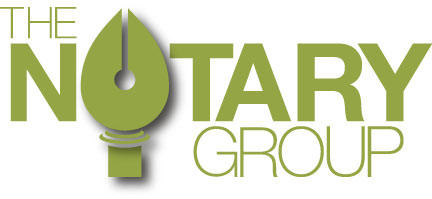Estate Planning
Estate planning is the process of getting documents put in place that will let others deal with your estate.
These documents tell us who you want to help you with various aspects of your life, including your:
- legal and financial affairs
- health care
- personal care
You appoint the people you trust by making one or more of these documents:
- Wills
- Powers of Attorney
- Representation Agreements
- Advance Directives
- trusts
Do I need these documents?
None of these documents are legally necessary, but each of them makes your life, and your family's life so much easier and better if you are unable to speak for yourself. They will also save your family a significant amount of money if they need to deal with your affairs on your behalf.
But my family will just step in...
They can step in for some things, but not all things. And they won't thank you for making their job harder.
These documents are very important because it's not a given that your family will be able to help you if you get sick, or deal with your estate if you pass away. Your family can't just step in and do things for you automatically.
Here are a few examples of why that will be a problem for you.
Without a document from you appointing the right person, we don't know which of your family members is the right person to pay attention to.
You might assume we would listen to your spouse, but what if you just got married 2 months ago, and your children from your first family think they should help you instead? What if your spouse can't balance a chequebook or faints at the sight of blood? How do we know which of your children we should listen to?
If you get sick, no one can sell, mortgage or otherwise deal with your interest in your home without a Power of Attorney or a court order. This includes your spouse and children and any other people who own the property with you.
For example, if you own your home with your spouse, and you have a stroke, your spouse cannot sign off on your part of the sale of the property without a Power of Attorney. No Power of Attorney? A court order is the next option, and that is very expensive and uncertain.
If you need to go into care, the only person who can help you decide which care facility you should go to is a person you appoint as your representative under a Representation Agreement. Where you live is considered "personal care", and the law does not allow for your family to make personal care decisions for you unless they have been formally appointed as your representative.
What do these documents do, exactly?
Wills
A Will tells us what to do with your estate after you have died. It names a person to be your executor, and gives your executor instructions about what to do with your debts and assets. It can also appoint guardians if you have minor children. Without a Will, someone in your family will have to volunteer to manage your estate, and that process is more onerous without a Will.
Powers of Attorney
A Power of Attorney appoints someone to look after your legal and financial affairs while you are alive. A Power of Attorney is particularly important if you own real property.
Representation Agreements
A Representation Agreement appoints someone to look after your personal and health care while you are alive. If you get sick, who will help you discuss your options with your health care providers? Who will make sure you get your medications? Who will help you decide where you should live - at home, in care, or perhaps even with other family members?
Advance Directives
An Advance Directive is a document that sets out your wishes with respect to your health care. If you have specific religious or cultural beliefs about health care, then you will want an Advance Directive to set out those wishes, so everyone follows them.
With the exception of trusts, we would be pleased to help you make any of these documents.
Contact us for more information.
